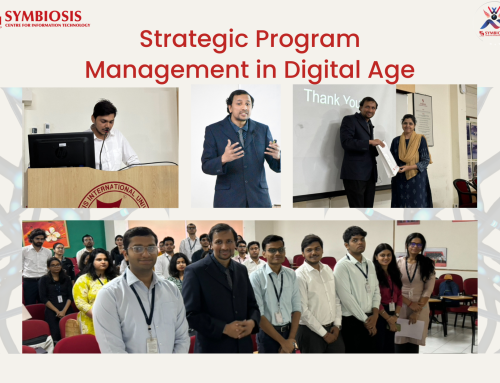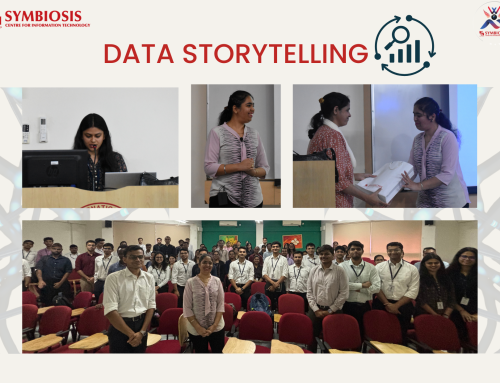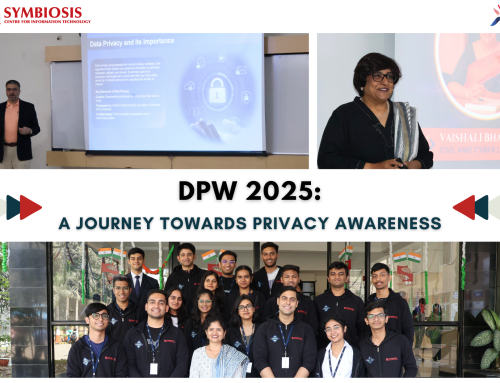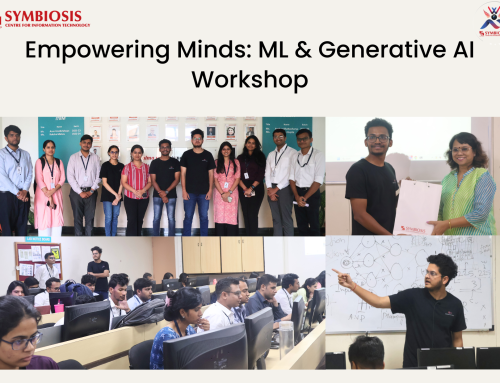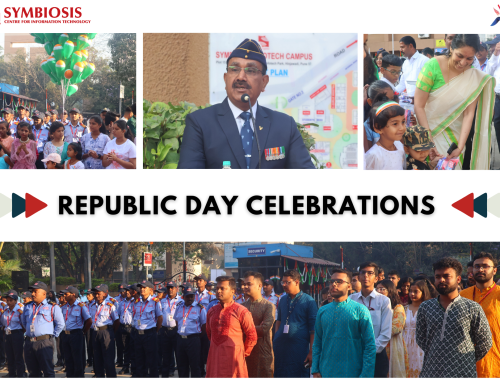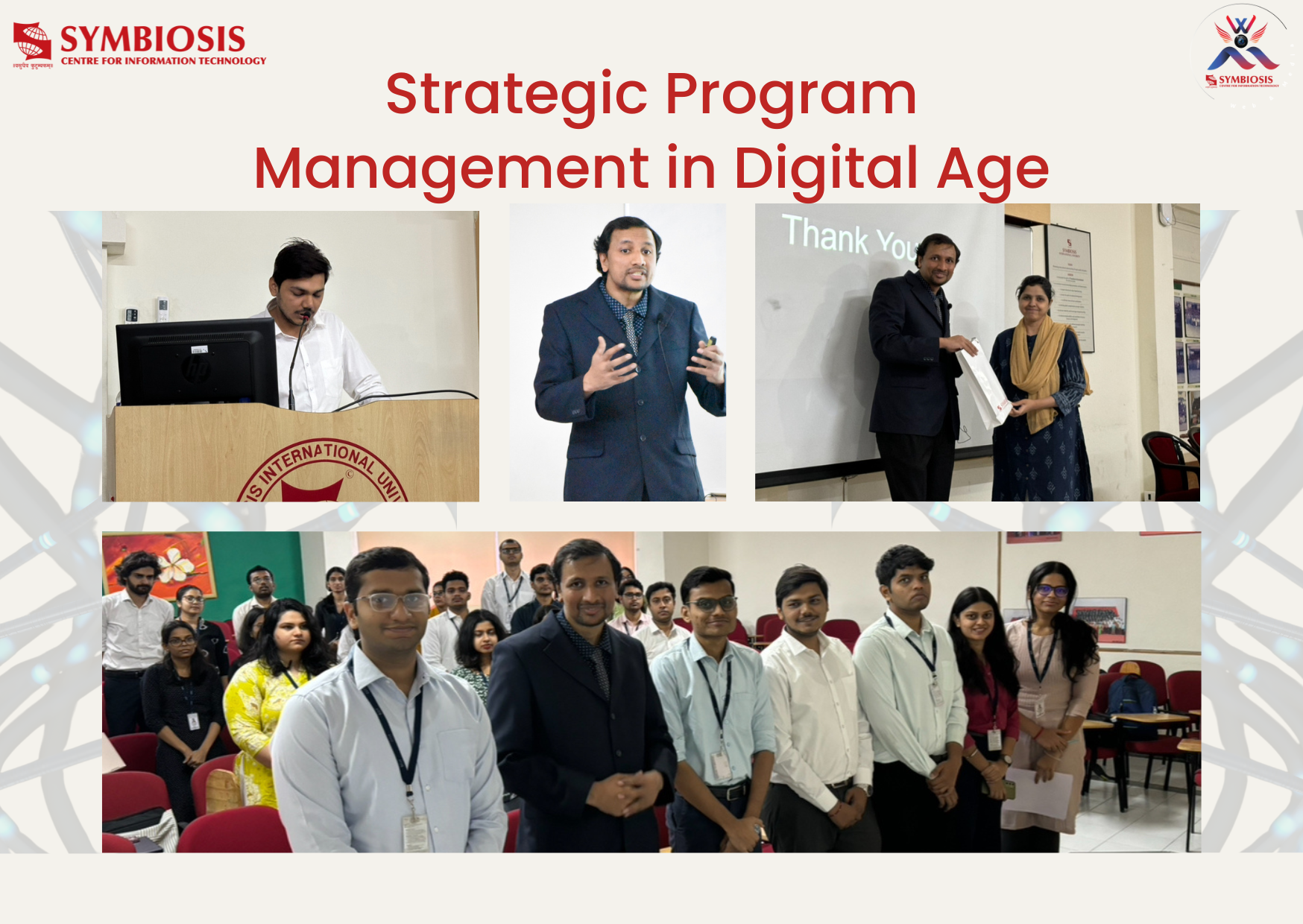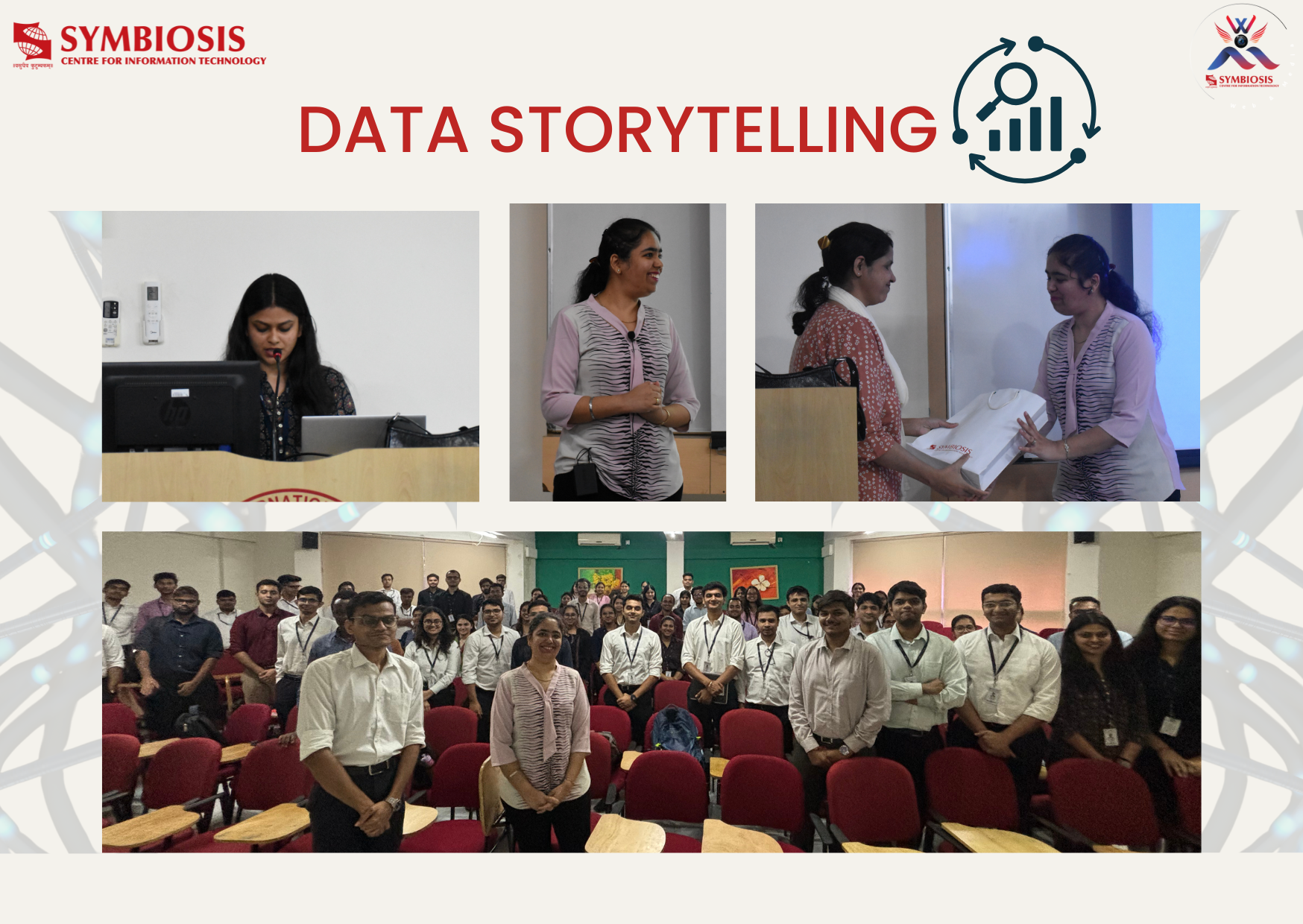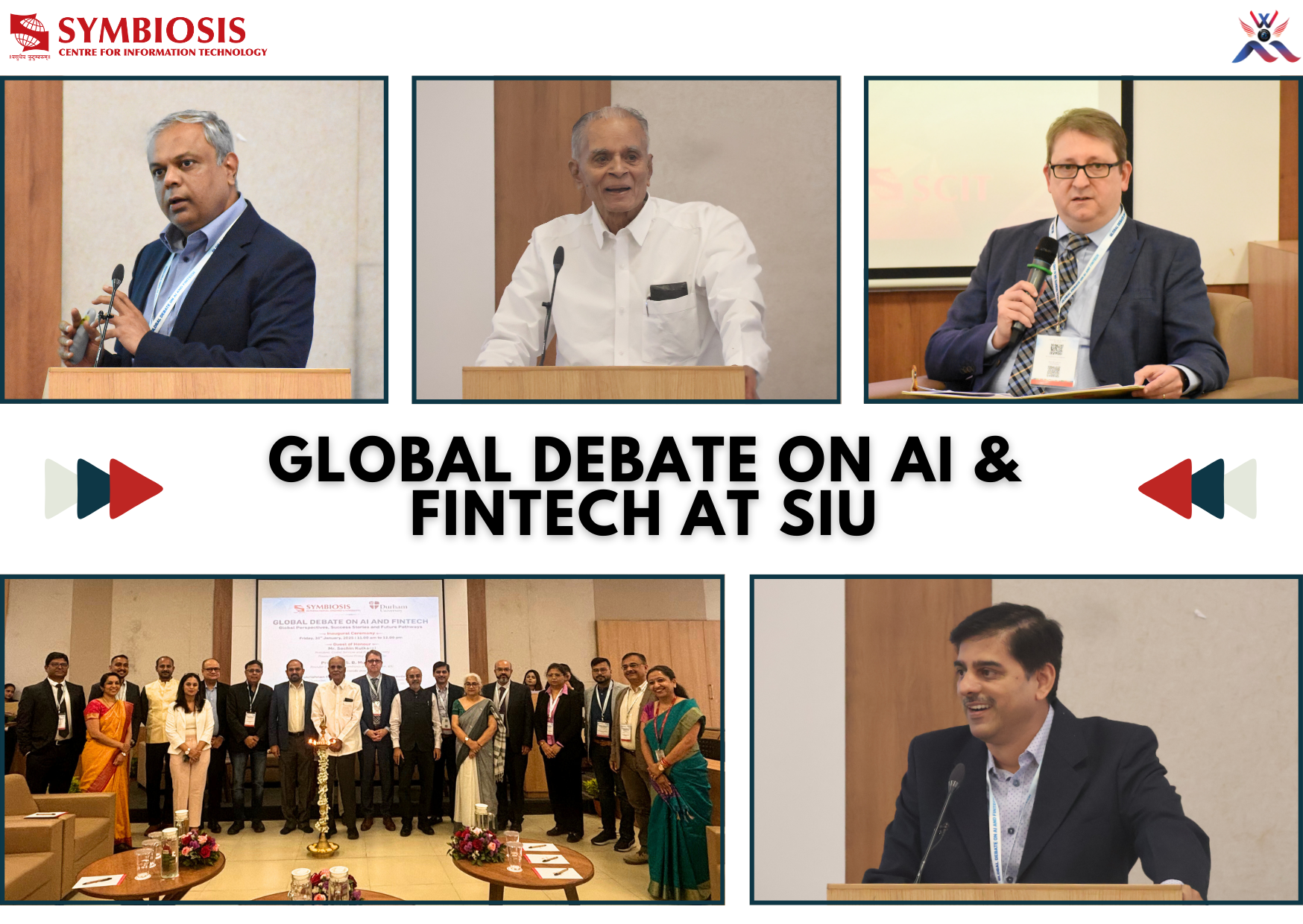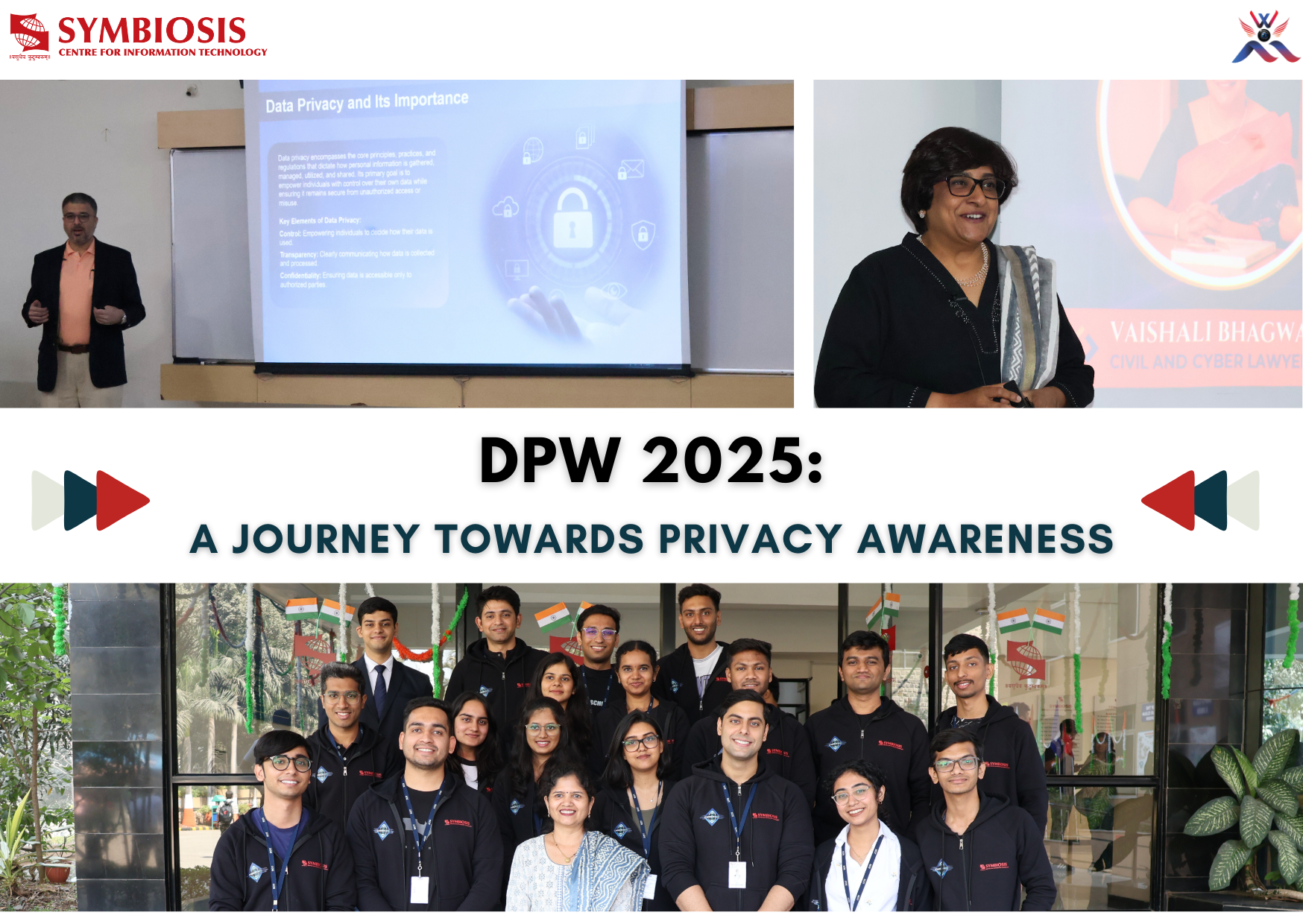INDIA’S ECONOMIC DEVELOPMENT – AN INTROSPECTION

India followed a socialistic pattern of economic policy from its independence in 1947 till late eighties. During this period the economy was sheltered and the Govt. controlled many of the key industries like railways, power etc. The economy did not grow to the desired levels during this period mainly due to lack of capital investment in various sectors as the resources of the Govt. was limited and private capital was not encouraged in many key sectors. The Govt. started liberalizing the economic policies from the 1991 onwards when the economy was opened out in a phased manner for entry of foreign investors to bring in huge foreign capital in the country. This radical change in the economic policy contributed in recording a robust growth in the last two decades. The average annual Gross Domestic Product (GDP), which is the main barometer in rating the economic growth of a country rose to over 7.5% from the year 2000 onwards. This is a phenomenal achievement and next only to China . All the sectors which includes industrial, agricultural and services recorded steep growth.
As per available information from various surveys, India has the second largest farm output in the world and tenth largest in the factory output. However the most significant achievement was driven by the expansion of the service sector which has grown consistently faster over the years as compared to the other sectors. The main thrust in this sector was the result of a boom in the Information Technology industry in the country where it stole a march on the other countries in the world. The huge investments in this sector which resulted from the economic boom in areas like cheap fiber optic cables resulted in widely available low cost communication infra-structure. This, coupled with the abundance of specialized skill and manpower in this sector, helped India to become overnight the main hub in the world for outsourcing business processes. The off-shoot of the BPOs also helped generate substantial employment in the country.
All these developments have transformed India as one of the top growing economies in the world with the potential to rank amongst the top three at not so distant future. India along with Brazil, China, Russia and South Africa are termed as the BRICS countries which presently are the fastest growing economies in the world and expected to overtake the wealthiest countries known as G-7 economies by the year 2027. This is a giant leap and a big change in the balance of economic powers in the world.
However despite all these tall achievements claimed in numerical terms, the serious concerns which haunts us are has this so called boom in the economy filtered down to the common people of India. A look at the statistics still portrays a very gloomy picture of the standard of living of the common people in terms food, health, education and sanitation. We still have more than 25% of our population living below the poverty line. The immunization of our children is still amongst the lowest in the world. The percentage of children having schooling facilities is even lower than countries like Bangladesh which do not even have one tenth of our per capita income. Despite all the economic growth and being a major global player, modern India is haunted by hunger with pitiable investments in health and education services. As per the information given by Dr. Amartya Sen in his latest book (co-authored with Jean Dreze), 50% of Indians do not have toiltets, 50% of the children are stunted due to under-nourishment and 50% of the women have anaemia. All these facts are shameful for a country which boasts of such high economic growth and self confidence.
In conclusion one needs to do some serious introspection about the major reasons for such a contrasting state of development prevailing in the country. There has to be a concerted effort from all of us to ensure that the wealth generated is also distributed equitably to reach the needy in the country so that there is truly a balanced growth in uplifting the standards of human life and welfare of the people. The glaring display of wealth in urban pockets are not the real barometer of economic development. If we are not able to ensure that all the people of our country get two square meals a day, proper medical facilities, sanitation and all our children have access to education we are making a mockery of the word development.
MBA(ITBM)2013-2015

